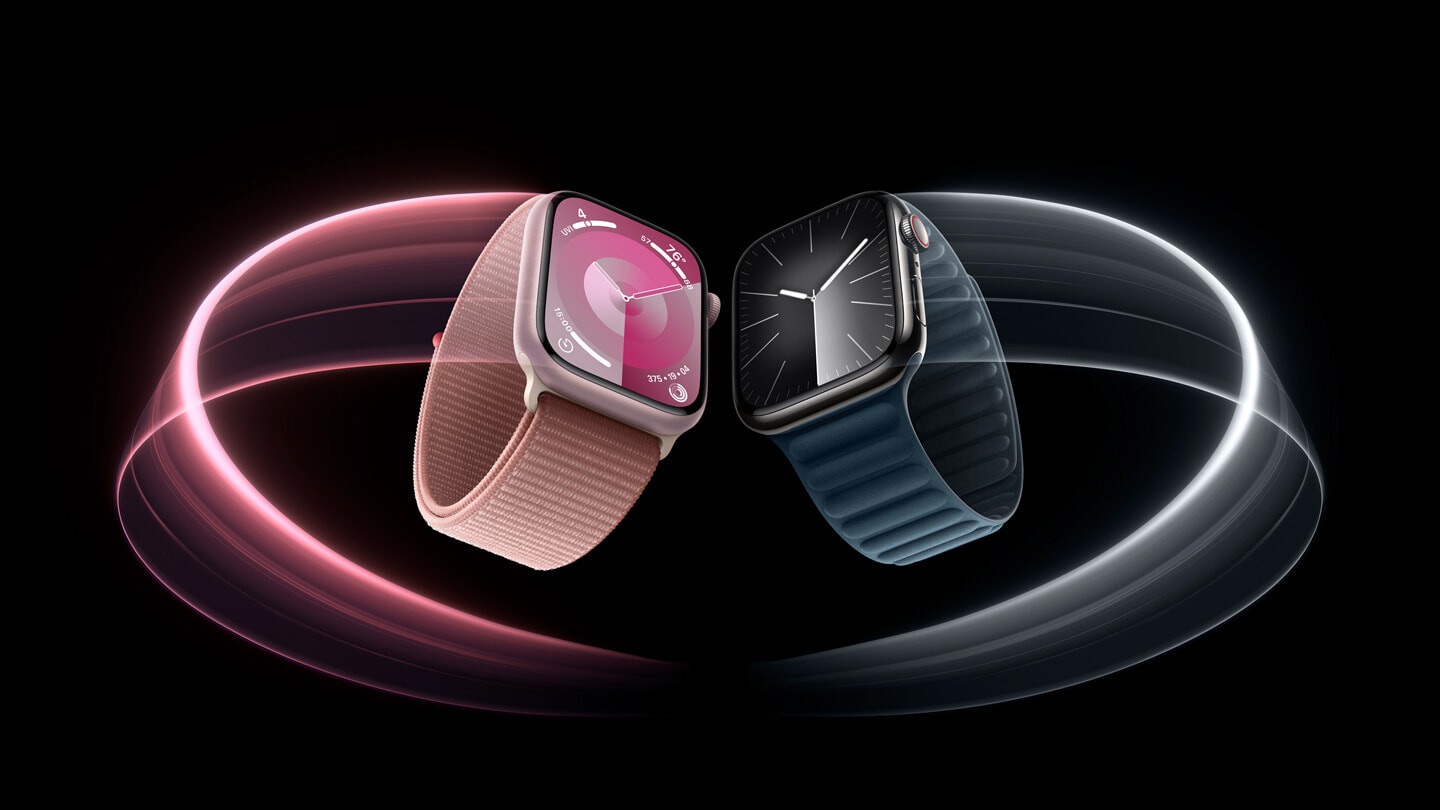Apple sued for monopoly in the United States
- March 22, 2024
- 0
The United States Department of Justice (DOJ) and 15 states across the country have sued Apple over the company’s practices to create a monopoly around its mobile phone
The United States Department of Justice (DOJ) and 15 states across the country have sued Apple over the company’s practices to create a monopoly around its mobile phone
The United States Department of Justice (DOJ) and 15 states across the country have sued Apple over the company’s practices to create a monopoly around its mobile phone business unit, i.e. everything surrounding the iPhone, including the App Store and the peripherals and accessories that depend in whole or in part on it.
In an official statement, the Justice Department said that Apple uses practices that tend to exclude and that it adopts anti-competitive behavior that They are harmful to consumers and developers, and which tend to support the monopoly we have been talking about. His argument is extended with a very sharp comment against Apple, as the Department of Justice said that the apple company did not consolidate its power by making better products, but rather degrading other people’s products.
Apple’s practices have put us in a market that hurts consumers because, always in the words of the Justice Department, they have fewer options, they have to assume the higher prices and rates available to them lower quality smartphones, accessories and appsand because innovation from both Apple and its competitors is increasingly limited. Developers were also forced to accept Apple’s rules and sued those from Cupertino on more than one occasion. Epic Games were one of the last to do so and achieved an important victory.

In this sense, Apple succeeds in promoting itself draconian conditions for developers which are ultimately an important part of those monopolistic practices the DOJ is talking about. Among the most important, we can highlight contractual restrictions and quotas that limit the features and functions that developers can offer iPhone users with their applications.
On the other hand, Apple selectively restricts access to essential connection points between third-party applications and the iOS operating system, causing degradation of the functionality of third-party applications and accessories. The DOJ also refers to the 30% commission Apple has charged on the App Store for years and the measures it took to prevent the development of new categories of apps that posed a danger to its app ecosystem through their ability to compete. them.
An example is Apple Wallet, a payment application that the apple company has tried hard to keep without OS competition. Another example, this time at the hardware level, is the Apple Watch, a device that It is only compatible with iPhone as it can help prevent iPhone users from switching to an Android smartphone. This reality was acknowledged in 2019 by the vice president of marketing for the Apple Watch.
It’s clear that Apple has been able to use its success in various markets to take measures that will only strengthen its position in the market, but frankly It is not entirely clear to me that we are really dealing with monopolistic practices.. Consider that Android continues to lead the world in the smartphone sector. I also think that Apple is being blamed for the failures of third parties, just remember that the Apple Watch was the only smartwatch that was successful at the time, and if it wasn’t for that, the market might have been forgotten.
AI generated cover image.
Source: Muy Computer
Donald Salinas is an experienced automobile journalist and writer for Div Bracket. He brings his readers the latest news and developments from the world of automobiles, offering a unique and knowledgeable perspective on the latest trends and innovations in the automotive industry.